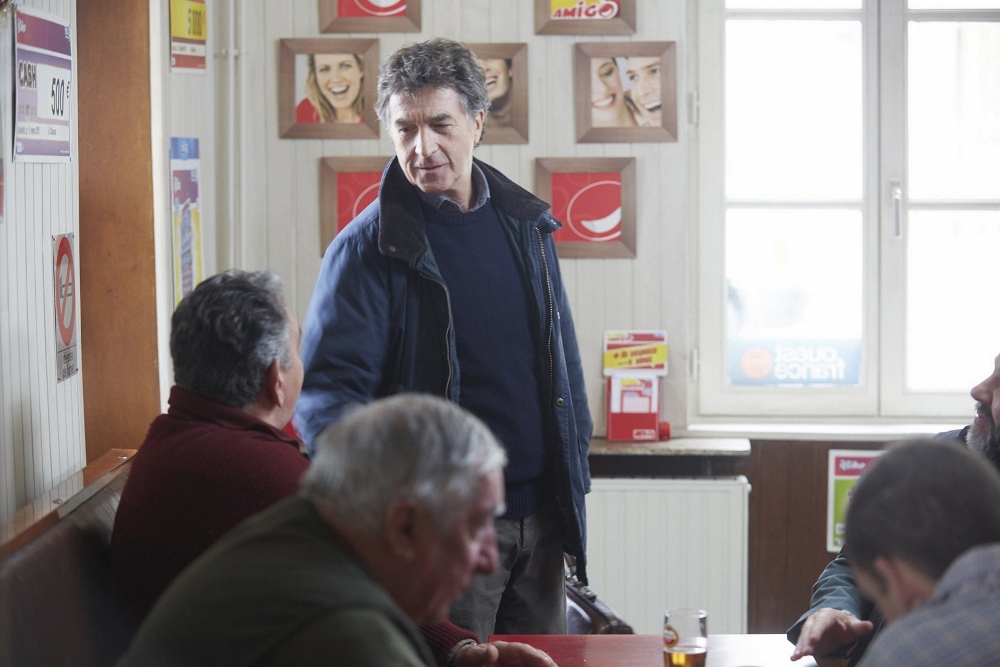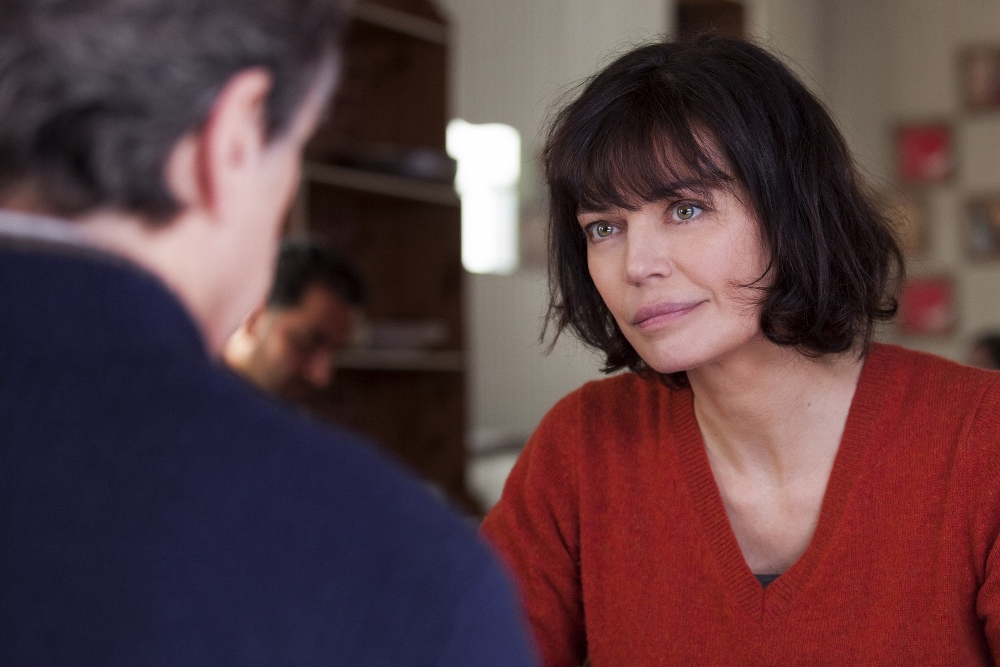Sometimes a film takes you by surprise, in the best possible way. Médecin de campagne, directed by Thomas Lilti, is utterly charming, understated, and emotionally resonant, with excellent performances by the entire cast. François Cluzet, well known for his portrayal of Philippe in The Intouchables (2011), gives an excellent performance as Dr Jean-Pierre Werner, a doctor who devotes himself to the residents of the small, rather remote, village where he lives, a dedication that one might surmise has come at the expense of his personal life: divorced, he lives alone, and does not often get together with his adult son. Yet when he is diagnosed with cancer, his physician insists that he take on an assistant, and sends Nathalie Delezia (Marianne Denicourt), a woman in her forties fresh out of medical school. Now, those of you wary of tear-jerkers and clichéd romantic comedies – fear not! This is a very different kind of movie.

Médecin de campagne is a film that takes its time to tell a story, creating a sense of place, and the people who live there. Cluzet gives a very restrained performance, nuances of expression revealing the emotional turbulence that lies beneath the doctor’s controlled demeanor. Denial appears to be the doctor’s main strategy for his own healthcare, and he insists on continuing his daily routine and responsibilities as before. His resistance to Nathalie’s arrival is complex, there is the issue of acknowledging the gravity of his illness, but there are also issues of control, and a certain tendency to ‘my way or the high way.’ Marianne Denicourt radiates intelligence and confidence as the very attractive Nathalie, equipped with all the knowledge acquired in medical school, backed up by her previous 10 years nursing experience. Clashes and differences of opinion between the two are inevitable; sparks fly and sparks ignite, but Lilti eschews the obvious to tell a subtler story that develops slowly over time. The film is not just about the battle of the sexes, city girl and country boy, or old-fashioned doctor vs. younger doctor and her new-fangled ways. Dr. Werner and Marianne’s story is told through the life of the village, and their interactions with the people. These supporting characters are given a strong voice in the film, and one gains an understanding for their predicament – relying on a single doctor, and having to travel for hours to reach a hospital.

Much of the film’s authentic tone is due to Thomas Lilti’s own experiences as a doctor, which also served as reference for his previous film Hippocrates: Diary of a French Doctor (2014). In this case, Lilti, in an interview with Variety, said he drew on his personal experience substituting for a doctor in Normany, as inspiration for Médecin de campagne.





